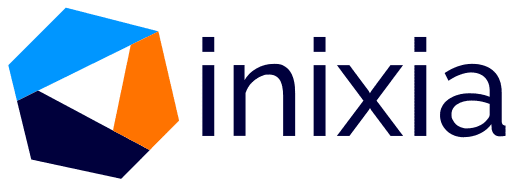How Language Gets in the Way of Successful Digital Transformation
Most people don’t realize that digital disruption is the same as the Fourth Industrial Revolution. The term “digital” is very broad. We wore digital watches in the seventies and we have had digital telephones and thermometers for a few decades. Isn’t digital transformation old news?
From The Industrial Revolution to Digital Transformation
To bring a stronger definition to the term “digital transformation,” we need to frame it in the context of the broader change affecting our lives. If we look at what is happening to us today in a historical context, it becomes apparent that we are in the midst of a new industrial revolution.
Let’s quickly recap all the industrial revolutions:
- First Industrial Revolution: The evolution of society in the 18th and 19th centuries from mostly agrarian to industrial and urban which was mostly driven by mechanical innovations such as the steam engine.
- Second Industrial Revolution: The explosive growth of industries from the late 1800s to the first World War. This was driven by mass production techniques, electric power, and the internal combustion engine.
- Third Industrial Revolution: The widespread change beginning in the 1980s with PCs and the internet, due to new electronic technologies.
- Fourth Industrial Revolution: The melding of the physical, digital, and biological worlds today. The major driver is the availability of massive computing capacity at negligible and further plummeting costs. Thus, what used to be physical (e.g. retail stores) can be digital (e.g. online shopping) or what used to be purely biological (e.g. traditional medicine) can be bio-tech (e.g. personalized genetic medication).
Using Digital Transformation to Our Advantage
Within this context, it becomes a bit easier to clarify the language. The terms digital disruption and digital transformation simply fall into place.
- Digital Disruption: The effect of the Fourth Industrial Revolution in the corporate and public-sector landscapes. Increasingly pervasive and inexpensive digital technology is causing widespread industrial, economic and social change. This explosive change has occurred only in the past decade or two.
- Digital Transformation: The migration of enterprises and societies from the Third to the Fourth Industrial Revolution era. For companies, this means having digital technology become the backbone of new products and services, new ways of operation and new business models.
Armed with this definition of digital transformation, we can mine the past for lessons of successes and failures from previous industrial revolutions. There is much that we can learn from history to help us understand why transformations fail.
What Should You Do?
Use the lessons of the past Industrial Revolutions to your advantage. As history has illustrated, technology is always improving. As business professionals, we must be adaptable to the changes in business technologies. We don’t need to all be IT professionals or programmers. Instead, we need to be experts in our own fields and to perform our professions better by using the right technology. How?
Become educated, embrace innovation in your field, be creative in how you adopt the new technologies that are starting to be used. The digital transformation era is absolutely intimidating, as was every previous industrial revolution. However, every change is also an opportunity. If we stay one step ahead of the competition and utilize each challenge to our benefit, then we may end up successfully leading the most important transformation of the world i.e. that of ourselves!
This is an excerpt by Tony Saldanha from his best-selling book, “Why Digital Transformations Fail.”



